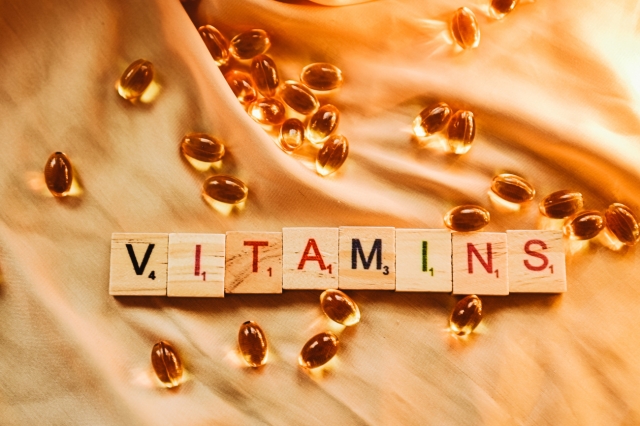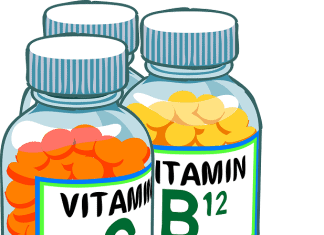If you're like most people, you probably think of natural vitamins as a way to stay healthy and avoid getting sick. And you're right—vitamins are important for keeping your body functioning properly. But what many people don't know is that vitamins are also essential for maintaining healthy skin. There are many different types of vitamins, and each one has its own benefits. But which vitamins are the best for you? Keep reading to find out.
Vitamin A

Did you know that vitamin A is one of the best vitamins? It's essential for keeping your eyes and skin healthy, and it also helps your immune system function properly. Vitamin A can be found in a variety of foods, including liver, carrots, sweet potatoes, and kale. If you're not getting enough vitamin A in your diet, you may experience vision problems, skin dryness, or a weakened immune system. That's why it's important to make sure you're getting enough vitamin A in your diet. Luckily, there are plenty of foods that are high in vitamin A, and there are also supplements.
Vitamin B12
There is a reason that vitamin B12 is one of the best-selling vitamins on the market—it is incredibly beneficial to your health! Not only does this vitamin help to keep your energy levels up, but it can also improve your mood, help you to focus, and keep your heart healthy. In addition, vitamin B12 is essential for maintaining healthy skin, hair, and nails. If you are looking for ways to improve your overall health, adding a vitamin B12 supplement to your daily routine is a great place to start. This vitamin is available in both pill and liquid form, so you can choose the option that works best for you. Just be sure to talk to your doctor before starting any new supplements, especially if you are pregnant or breastfeeding.
Vitamin C

As one of the water-soluble vitamins, vitamin C is mainly found in fruits and vegetables. It is essential for the body to form collagen, which is important for bones, skin, and blood vessels. Vitamin C is also a powerful antioxidant that can protect cells from damage. Some of the health benefits of vitamin C include:
- Stronger immunity: Vitamin C is a key nutrient for keeping your immune system strong. It helps fight off infections and supports white blood cell function.
- Better skin health: Vitamin C is essential for the formation of collagen, which helps keep your skin looking young and healthy. It can also help reduce the appearance of wrinkles and scars.
- Reduced risk of chronic diseases: Vitamin C can help reduce the risk of chronic diseases like heart disease, stroke, and cancer.
- Improved joint health: Vitamin C is beneficial for joint health, as it helps reduce inflammation and joint pain.
- Faster healing: Vitamin C helps the body heal wounds and injuries faster. It also helps reduce the duration of cold and flu symptoms.
Vitamin D
The health benefits of vitamin D are vast and well-documented. It is one of the best vitamins you can take to improve your overall health and well-being. Vitamin D is essential for strong bones and teeth, and it also plays a role in regulating the immune system and preventing cancer. Your body produces vitamin D when you are exposed to sunlight, but most people don't get enough sun exposure in the winter months. That's why it's important to supplement your diet with vitamin D3 pills or liquid drops.
Overall, vitamins are important for a variety of reasons, including maintaining overall health, preventing diseases, and helping the body function properly. There are a variety of different types of supplements, and each has its own unique set of benefits. It is important to ensure that you are getting the appropriate amount of supplements in your diet to reap the benefits they have to offer.






